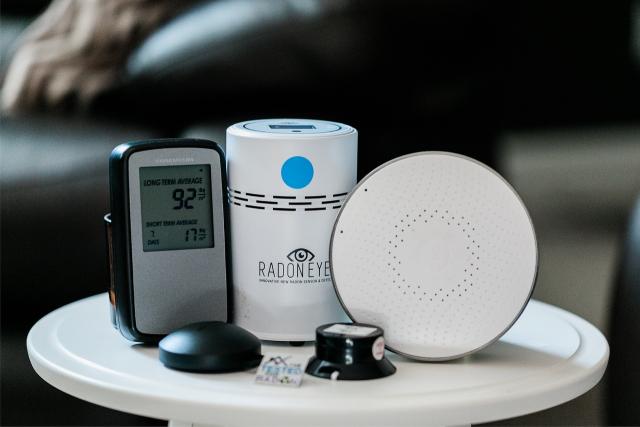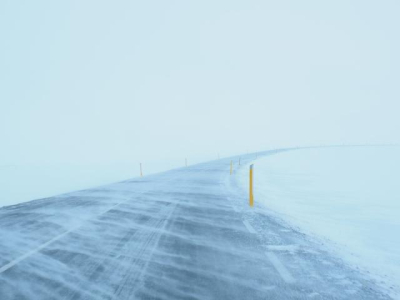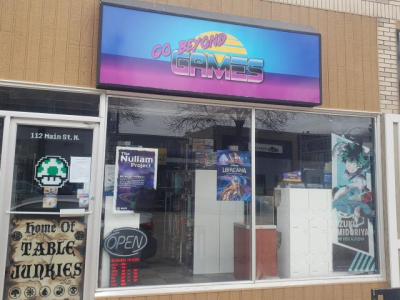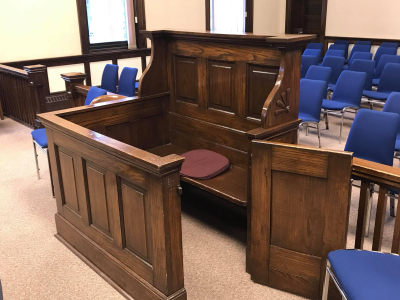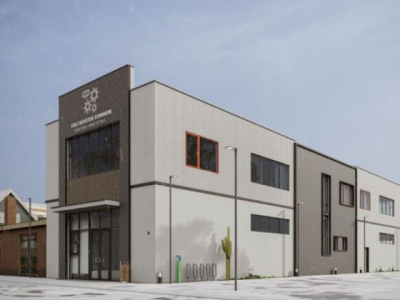92 percent of the homes tested during the City of Dauphin's 200 Radon Test Kit Challenge came back above Health Canada's guideline.
During the winter of 2023/24, 139 homes took part in the challenge using 91-day alpha track tests. Of these homes, 92 percent came back above 200 becquerels per cubic metre, which is above Health Canada's guidelines. Exposure to elevated levels of radon is linked to an increased risk of developing lung cancer.
What is Radon?
Radon is a radioactive gas that comes from the breakdown of uranium in soil and rock. It is invisible, odourless and tasteless. When radon is released from the ground into the outdoor air, it is diluted and is not a concern. However, in enclosed spaces, like homes, it can accumulate to high levels and become a risk to the health of you and your family.
If you’ve tested for radon and your result is above the Canadian Guideline of 200 becquerels per cubic metre (Bq/m3), it is important to take action to reduce your radon level. More than 3,000 Canadians die each year from radon-induced lung cancer.
What to do next?
- A radon mitigation system can be installed in less than a day and will reduce the radon level by more than 80%, always hire a professional to do so;
- Contact the Canadian National Radon Proficiency Program (C-NRPP) at 1-855-722-6777 or search for a list of certified service provider in your area who can help reduce the level of radon in your home; and
- If you need financial assistance to help pay for radon mitigation, the Canadian Lung Association offers a grant of $1,500 towards the cost of a radon mitigation system if you have a lung cancer diagnosis or if you have low to moderate income.
The City of Dauphin is asking residents to stay tuned for Radon initiatives that will be announced during Radon Action Month in November.

